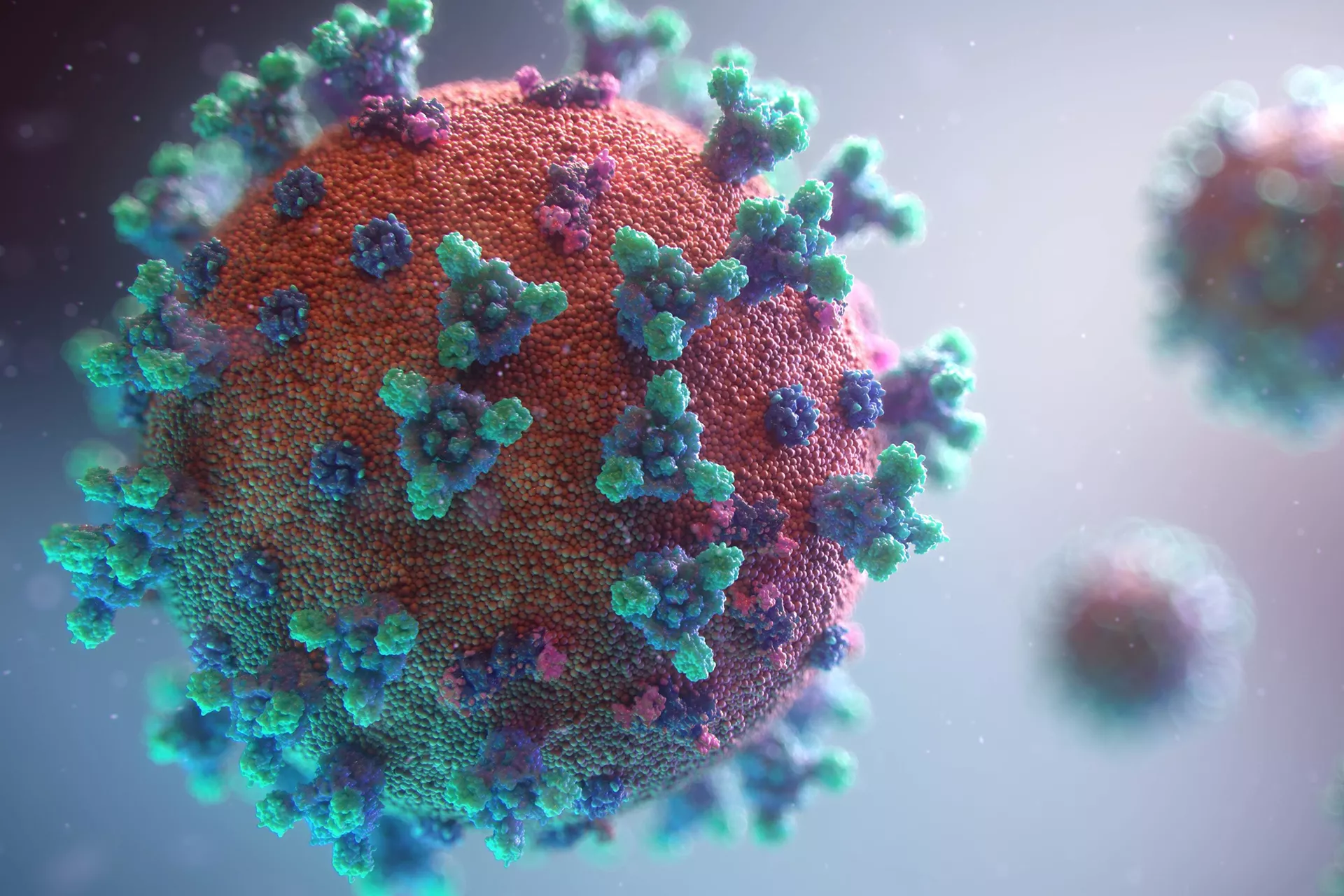
COVID-19: Rehabilitation Perspectives for Allied Health – Course Series – April 2021
In this 4-part course, the speaker will discuss the epidemiology, pathophysiology, mechanisms and consequences of COVID-19 and the rehabilitation considerations for Acute and Post-Acute Long-Term COVID-19 patients. Cardiopulmonary as well as non-cardiopulmonary manifestation and considerations will be covered. Recorded sessions will be available for registered participants.
Course Date & Time
April 6, 13, 20 and 27 (Tuesday evenings), 2021
5:30 p.m. – 6:30 p.m.
Course Location
Virtual Class (via Zoom)
Instructor(s)/Speaker(s)
Sean Collins, PT, ScD
Sponsored by
Kaiser Permanente Northern California Graduate Physical Therapy Education
Target Audience
Physical Therapists, Physical Therapy Assistants, Occupational Therapists, and Speech Therapists
Course Level
Basic
Course Description
In this 4-part course, the speaker will discuss the epidemiology, pathophysiology, mechanisms and consequences of COVID-19 and the rehabilitation considerations for Acute and Post-Acute Long-Term COVID-19 patients. Cardiopulmonary as well as non-cardiopulmonary manifestation and considerations will be covered.
Session 1: COVID Epidemiology, Pathophysiology, Mechanisms and Consequences
Present what we currently know about COVID based on the epidemiology and pathophysiology including an overview of the mechanisms by which COVID influences physiology, health and well-being acutely and over time. Introduce consequences that will be featured in upcoming sessions on the rehabilitation considerations.
Session 2: Acute COVID Cardiopulmonary Manifestations, Consequences and Rehabilitation Considerations
A deeper dive into the acute cardiopulmonary manifestations and the resultant consequences and rehabilitation considerations for patient stability, screening, examination, evaluation and intervention. Primary evaluation and intervention focus is on physiological stability while attaining and sustaining work tasks (ADLs). An interactive session with key points interspersed with 2-3 case vignettes.
Session 3: Post-Acute (Long-Term) COVID Cardiopulmonary Manifestations, Consequences and Rehabilitation Considerations
An exploration of the post-acute (long-term) cardiopulmonary manifestations and the resultant consequences and rehabilitation considerations for patient stability, screening, examination, evaluation and intervention. Primary evaluation and intervention focus is on physiological stability while attaining and sustaining work tasks (ADLs). An interactive session with key points interspersed with 2-3 case vignettes.
Session 4: Post-Acute (Long-Term) COVID Non-Cardiopulmonary Manifestations, Consequences and Rehabilitation Considerations
An in-depth analysis into the post-acute (long-term) non-cardiopulmonary manifestations and the resultant consequences and rehabilitation considerations for patient stability, screening, examination, evaluation and intervention. Non-cardiopulmonary manifestations include those related to the immunological, neurological, musculoskeletal, endocrine and that emerge from the complex integration of system impairments. Primary evaluation and intervention focus is on physiological stability while attaining and sustaining work tasks (ADLs). An interactive session with key points interspersed with 2-3 case vignettes.
Objectives
After completing this 4-part course, participants should be able to:
-
Define the epidemiology, pathophysiology and mechanisms of COVID-19 based on current available data and research.
-
Describe the rehabilitation considerations for patients with acute and post-acute COVID-19 cardiopulmonary manifestations.
-
Recognize primary evaluation and intervention focuses for patients with acute and post-acute COVID cardiopulmonary manifestations.
-
Identify non-cardiopulmonary manifestations and consequences in post-acute COVID-19 patients